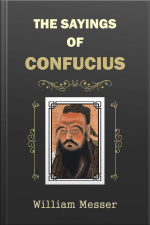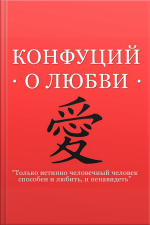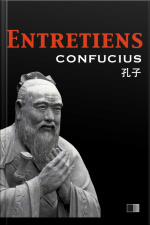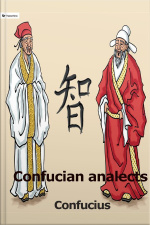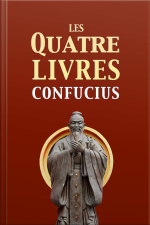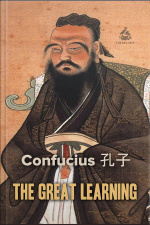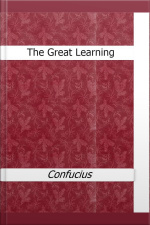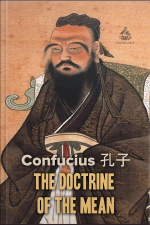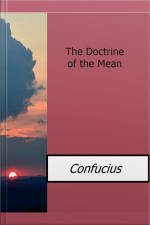Confucius (551–479 BC) was a Chinese teacher, editor, politician, and philosopher of the Spring and Autumn period of Chinese history. The philosophy of Confucius, also known as...
What is love? When did it appear? Writers, philosophers, scientists have been arguing about this for thousands of years. Love is passionate, undivided, first, strange, strong,...
The Analects, also known as the Analects of Confucius, is a collection of sayings and ideas attributed to the Chinese philosopher Confucius and his contemporaries, traditionally...
"Étudier sans réfléchir est vain, mais réfléchir sans apprendre est dangereux." Confucius. Les pensées de Confucius, philosophie fondatrice de la culture chinoise,...
The Analects or "Confucian Analects", also known as the Analects of Confucius, is a collection of sayings and ideas attributed to the Chinese philosopher Confucius.The...
Traduits par Séraphin Couvreur au XIXe siècle, les Quatre Livres de Confucius (La Grande Étude, L'invariable Milieu, les Entretiens et les oeuvres de Meng...
What the great learning teaches, is to illustrate illustrious virtue; to renovate the people; and to rest in the highest excellence. The point where to rest being known, the...
The Great Learning was one of the "Four Books" in Confucianism. The Great Learning had come from a chapter in the Classic of Rites which formed one of the Five Classics....
The Doctrine of the Mean is a text rich with symbolism and guidance to perfecting oneself. The person who follows the mean is on a path of duty and must never leave it. A superior...
The Doctrine of the Mean (Chinese: 中庸; pinyin: Zhōng yōng) is both a doctrine of Confucianism and also the title of one of the Four Books of Confucian philosophy. The...
